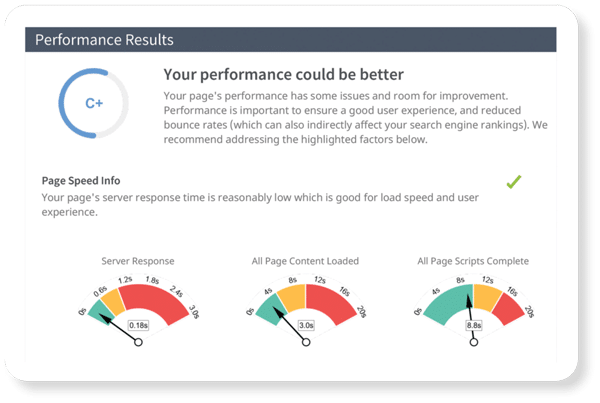At MyAdvice we strongly believe that a blog needs to be a part of every website we build. As a busy doctor or dentist, the thought of adding another task — writing a blog — can be the last thing you want to do. Plus, you may be letting your personal behavior cloud your opinion. After all, you probably don’t spend a lot of time perusing the blogs on websites you visit.
But, as with most things involving marketing, you can’t let your own habits or personal proclivities cloud your marketing judgment. The cardinal sin for a media buyer, for instance, is to select stations he or she personally listens to or watches. The same is true for blogs on your website. While you may not be a blog aficionado, blogs provide important content that aids in your search rankings, builds your authority as an expert, expands on your keyword set, grows the size of your site, and keeps things fresh.
Improving organic search
When you think of landing a new patient other than from a referral, it’s kind of like fishing. You want to put enough lines in the water that more fish can come across them. Adding content to your site is like adding more lines to the water. Each blog adds another page to your site, improving organic search visibility.
Expand your keyword usage
Your blogs will naturally revolve around the services you provide at your practice, along with other relevant additional topics that are either timely or interesting. This will naturally expand your keyword usage beyond what can be attained on your relatively static website pages.
Expand your authority
Your blog gives site visitors more information and establishes you as the authority in the procedures or services your content talks about. If you’re a dermatologist, a blog about what “broad spectrum” means in the world of sunscreen isn’t a direct sell to a potential patient. But it tells them you thought this content could be valuable to them, and reinforces your expertise and their involvement with your site and therefore your practice.
Your blog also enables you to tout media appearances, ways your practice is staying at the forefront of new technology, and other reasons a patient or potential patient would use to build trust and familiarity with your practice. More important, it gives them a reason to differentiate your practice from your competitors.
Long-tail searches
Without a blog, it’s harder for your site to rank for long-tail searches. A typical practice website can successfully rank for relatively specific keywords. For instance, a dermatologist could rank for “rosacea.” But a search such as “What are these red patches on my face?” probably won’t hit that site. However, if you have a blog about rosacea and other skin conditions that create red patches on your skin you’ll have a much better chance of hitting those higher-converting, long-tail keyword phrases.
Featured snippets
Along those same lines, a blog can appear as a featured snippet. Google pulls featured snippets organically from on-page content, and displays them above all other search results. Google has not released it rules/logic behind how it grabs these snippets, but if your blog addresses a very specific search topic it could just hit the jackpot.
More blogs = more pages
Research has shown that the more pages a site has, the more leads it generates. Every blog added to your site adds another page. This gives search engines more to search and more to like about your site.
Fresh content, like vegetables, is more desirable
You want to know the fastest way to turn off a potential patient? Have them come to your site and find the content to be dated and stale. Are you touting a “brand new” procedure that actually debuted in 2012? Keeping content fresh is important to the quality of the user experience. New blogs (and, of course, regularly updated site pages) show visitors that your business is alive, active, and at the forefront of what’s going on in the industry.
And Google likes fresh content. An influx of fresh content in the form of blogs requires Google to regularly crawl and index your site. It considers and rewards new content when ranking your page. Blogs about current topics will also help with trending searches.
Those are just some of the reasons were crazy about blogs at MyAdvice. But that doesn’t mean you have to spend your free time researching and writing the content for your website blog. We’ll not only build the blog into your new website (or add it to your existing site), but we can also populate it every month with fresh, well-written content.
If you have questions about your blog, simply ask your MyAdvice representative.



Comments are closed.